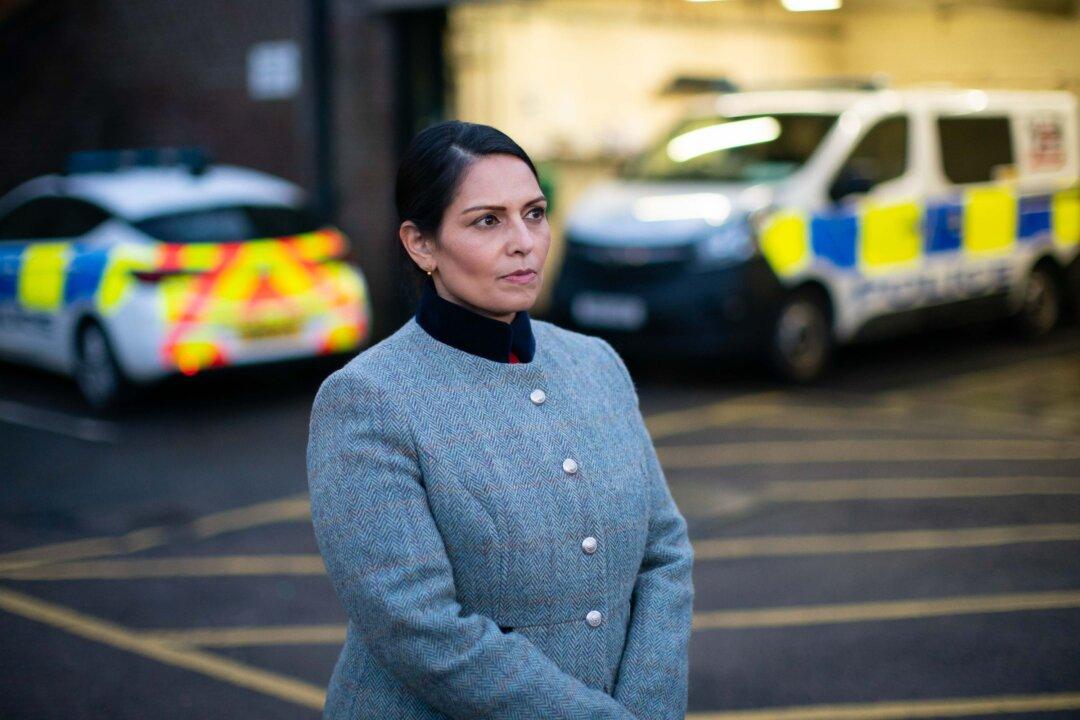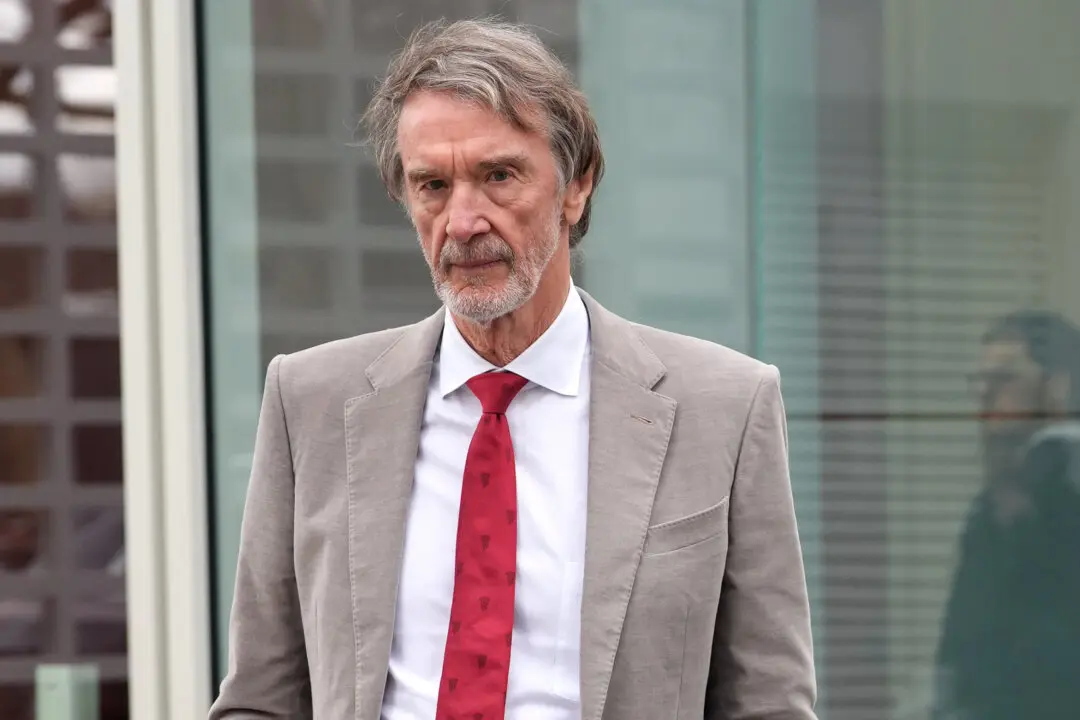Police officers should not face “trial by social media,” the Home Secretary has said as she backed calls to publish more body-worn video footage of incidents.
In a speech to the annual Police Federation of England and Wales conference, Priti Patel said “transparency is vital” and supported plans to tackle “misleading” video clips uploaded on to social media.”




